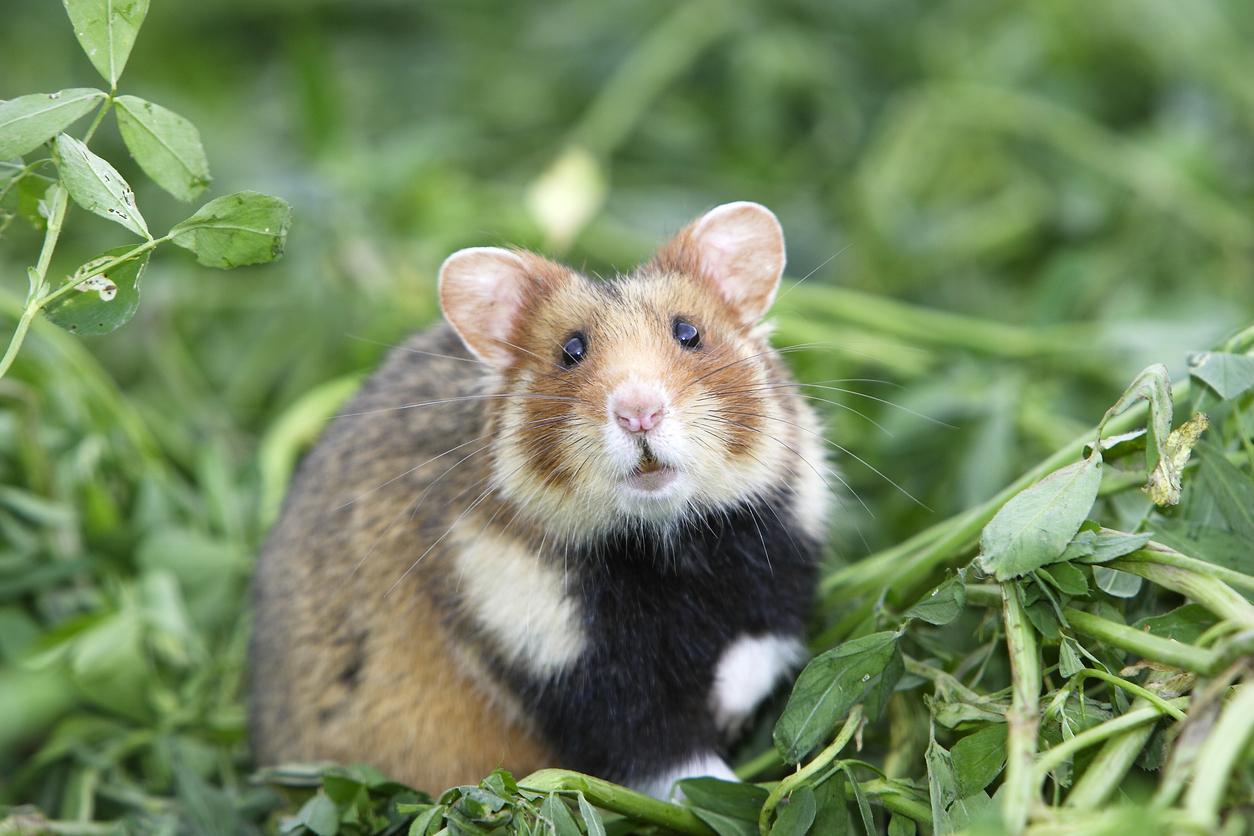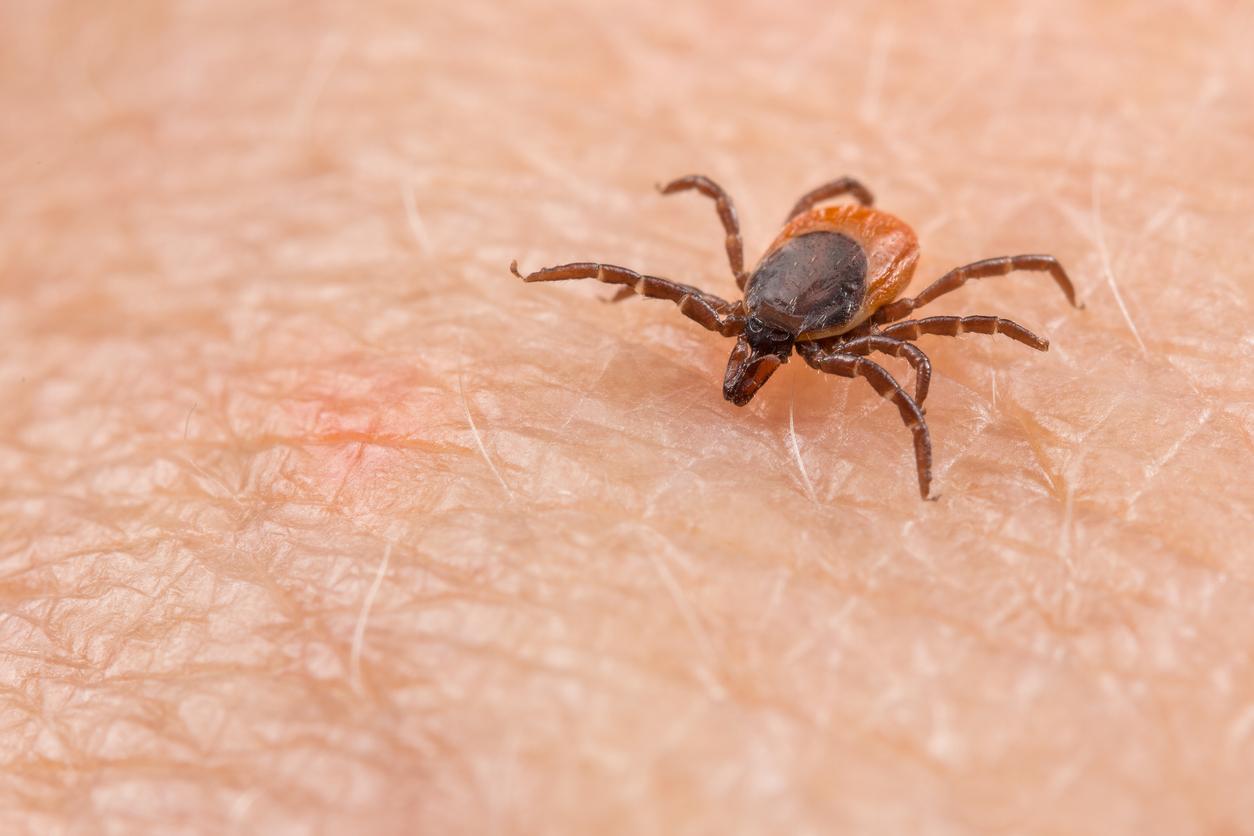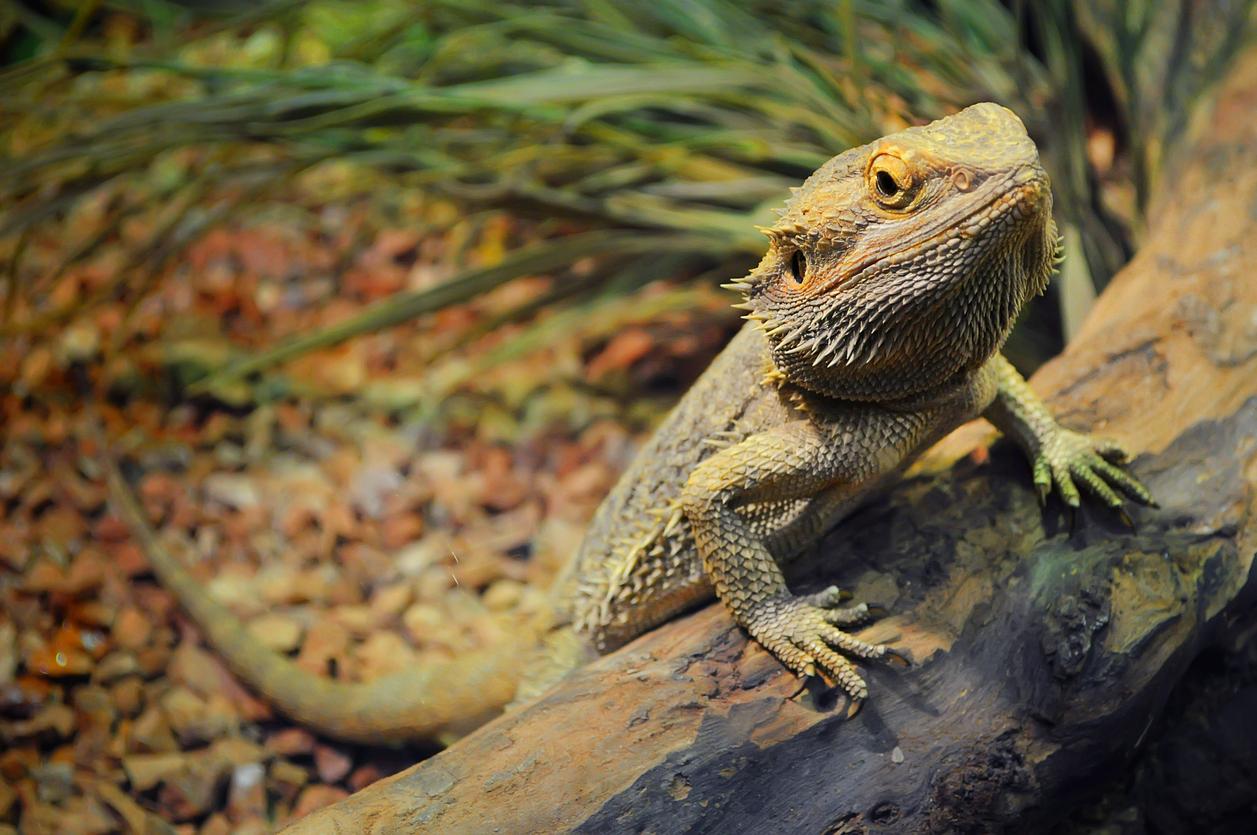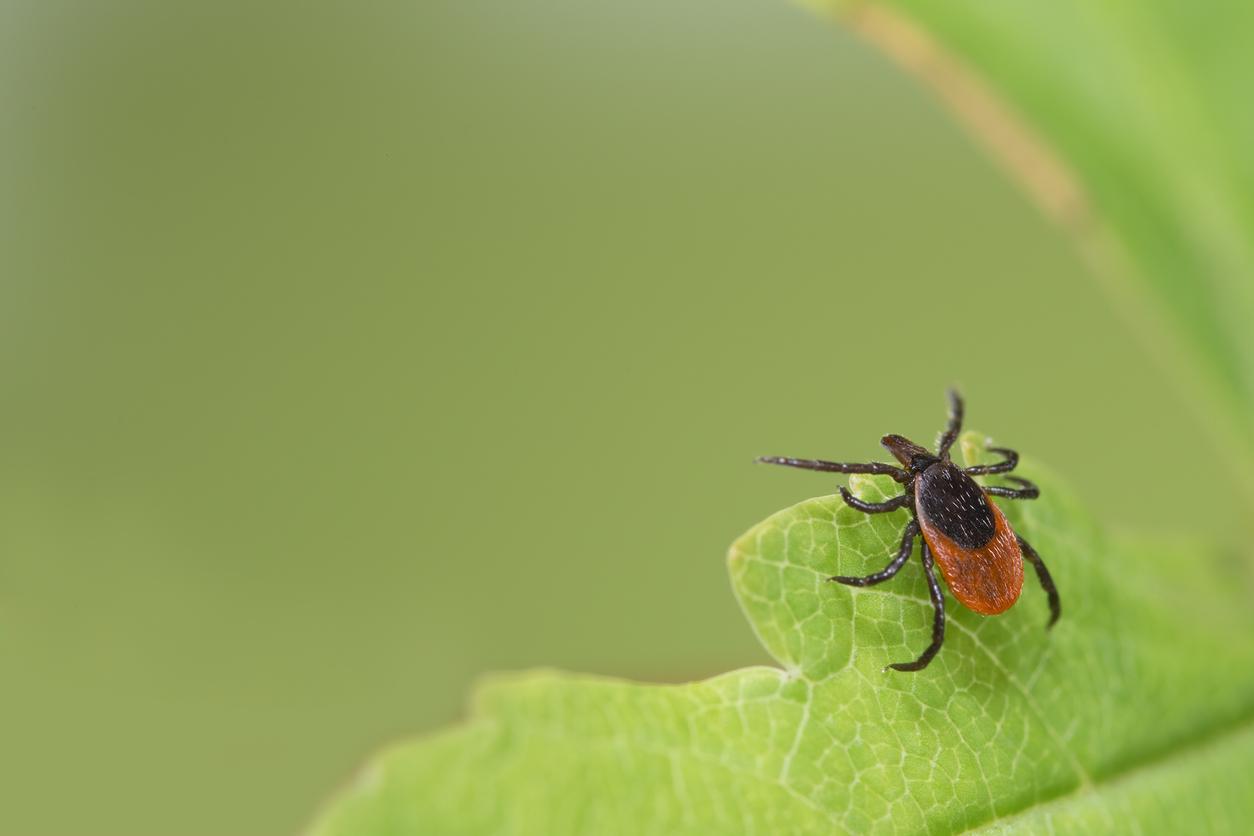Men and people with anxiety are more at risk of being bitten by a dog, which will often be an unfamiliar animal.
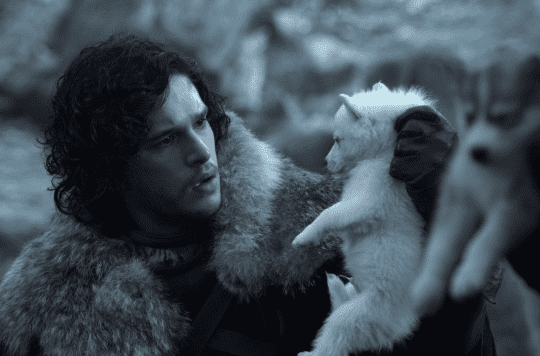
“He is not mean”. Who has not heard these words come out of the mouth of a canine owner, just before feeling four canines planted in their calf? When it comes to dog bite, not everyone is in the same boat. A study recently published in the British magazine Journal of Epidemiology & Community Health helps quantify bad luck, taking stock of bite risk factors.
To do this, the researchers surveyed 385 homes in Cheshire, a rural county in the northwest of England better known for its cat than its dogs. This is original, since most epidemiological studies are based on hospitalization data. And first surprise, the number of bad experiences was much higher than expected: a quarter of respondents had already been bitten by a dog in their life.
The taste of the unknown
Things get more interesting when you look at the profile of the buffs. Quite logically, people with multiple dogs were three times more likely to have been used as gnawing bones in their lifetime. In contrast, more than half (55%) of those surveyed who had been bitten had been bitten by an unknown dog. The proof, if necessary, that “he is not mean” is worth more for the one who says it than for the one who hears it.
In addition, men were almost twice as likely to have been bitten as women. The study being observational, it is impossible to know if this distinction is due to an increased distrust of dogs towards humans, to differences in behavior towards animals, or to any other sociological factor. like the practice of hunting.
Bad pick for the anxious
Last aspect of the losing triad: personality. The more emotionally stable an individual is, the more likely they are to avoid biting teeth. Conversely, people with high neuroticism – anxious, irritable, depressed – are much more likely to experience bites. A result that supports what ethologists and dog owners have known for a long time: dogs are very sensitive to signs of nervousness in humans.
In other words, if you are an anxious man and you cross paths with an unknown mutt, it is better to keep your distance. Be careful not to run away, especially in front of a growling stray dog: this kind of behavior tends to encourage them … In short, it is better to behave calmly, even when you are anxious. Thanks for nothing.
In the event of a bite, even a shallow one, it is important to clean the wound well with soap and water and then to disinfect. If dog bites are less septic than cat bites, there is still a risk of abscess. Preventive treatment with antibiotics may be prescribed by the doctor if the wound is considered serious. It is also prudent to check the vaccination status of the two protagonists – rabies for dogs and tetanus for humans – in order to be vaccinated if necessary.
.









